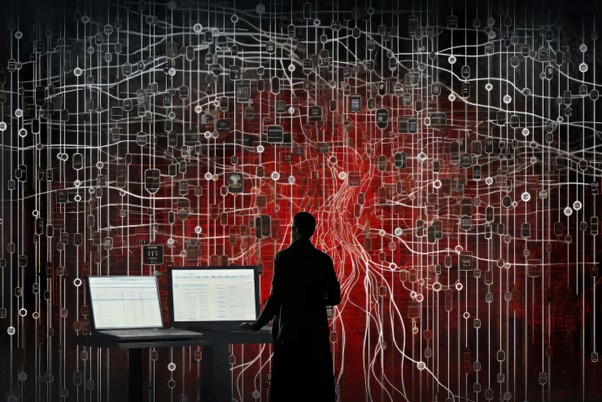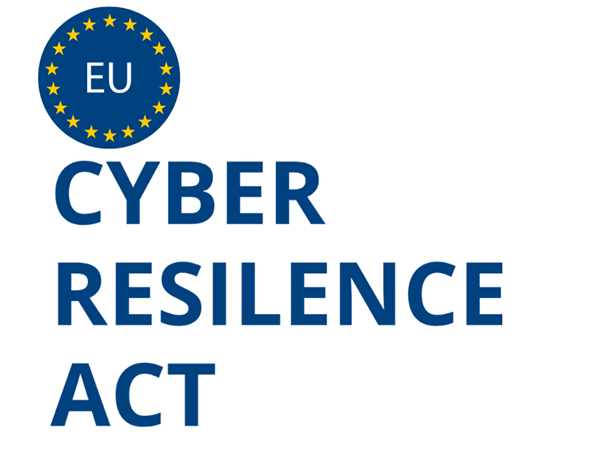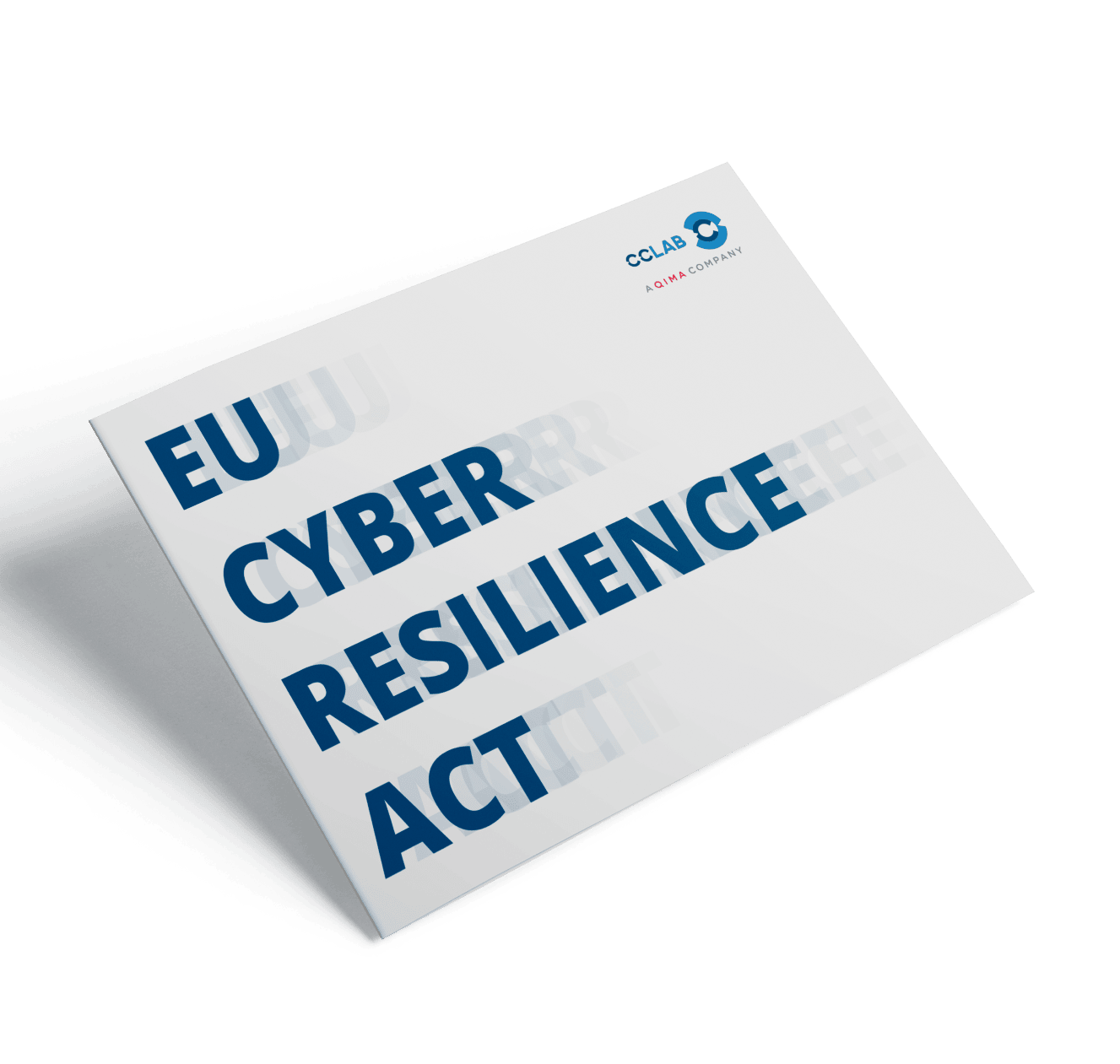
About CCLAB
CCLab Ltd. was founded in 2013 as an agile, ISO 17025 accredited cybersecurity laboratory primarily to work in Common Criteria evaluations and consultations.It has been accredited by OCSI, Certification Body of the Italian Scheme since 2015, by TrustCB, the Dutch CB since 2025, and by IECEE CB Scheme from 2024.
CCLab has conducted many successful Common Criteria evaluation and consultation projects, and the number keeps increasing in size and quality continuously each year.
In 2023 CClab has joined the QIMA group, a global Testing, Inspection and Certification player, operating in more than 100 countries from 60 offices and labs.

Our Cybersecurity solutions
Navigate the complex landscape of cybersecurity certifications
with expert guidance

Common Criteria Evaluation
ISO 15408 Common Criteria Compliance and Certification up to EAL4+ or EAL5.

Common Criteria Consultancy
Professional support to prepare for a successful Common Criteria evaluation saves you cost and effort.

Consumer IoT (ETSI EN 303 645) Cybersecurity
Comply with ETSI EN 303 645 standards, providing guidelines and expertise for the security of consumer Internet of Things (IoT) devices.

Smart Metering Cybersecurity
Data security solutions for smart metering system components with independent verification by out certified laboratory.

Radio Equipment Directive Cybersecurity Compliance
Learn more about the Radio Equipment Directive (RED) specifying cybersecurity requirements for radio equipment sold within the EU.

UK PSTI compliance
How to get your connected device compliant with the upcoming cybersecurity regulation in the UK, the Product Security and Telecommunications Infrastructure (PSTI) Act.

Industrial Control System Security
Cybersecurity evaluation and certification of industrial automation and control system based on ISA/IEC 62443-4-1 and 62443-4-2 standards.

Cybersecurity Certification
Get your IoT, IIoT device certified after successful evaluation and testing based on ETSI 3030 645 or IEC 62443-4-1, 62443-4-2.
Evaluation with
agility in mind
What does it mean?
Dedicated project leader, who understands the processes

No surprises at the end of the project,
Weekly/biweekly
status meetings
Emails are responded within one working day
Short iterations with immediate feedback
Understandable and solution-oriented observation reports
We intervene immediately in case of any minor problems
Track progress in monthly reports
Cybersecurity News

Cyber Resilience Act: The Complete Survival Guide for Manufacturers
6
min reading time
This article provides an in-depth overview of the EU Cyber Resilience Act (CRA), exploring why this regulation has become a mandatory condition for EU market entry. It breaks down essential security requirements such as mandatory Software Bill of Materials (SBOM) and strict 24-hour incident reporting while explaining product classifications and conformity assessment routes like Module A, B+C, and H. Learn how to integrate secure-by-design principles into your development lifecycle to avoid costly redesigns, navigate the technical documentation process, and turn regulatory compliance into a competitive advantage.

Is Your Radio Device a "High-Risk" AI System? Navigating the RED and AI Act Overlap
9
min reading time
The newly enforced AI Act significantly shifts the regulatory landscape for hardware manufacturers by explicitly listing the Radio Equipment Directive (RED) as critical safety legislation. If a radio device uses AI for mandatory functions like network protection or data privacy, it will likely be classified as a "High-Risk AI System" under these new rules. This classification creates a "Double Lock" on compliance, requiring manufacturers to integrate AI-specific audits into their existing 2025 RED conformity assessments. Failing to plan for this overlap today is a strategic error that could force a total product redesign by 2027 when the regulations fully converge. By adopting an integrated compliance strategy now, manufacturers can ensure long-term market access and avoid the costs of redundant testing.

Cyber Resilience Act & EUCC Explained: Key Differences, Overlaps and Compliance Pathways
9
min reading time
As the 11 September 2026 reporting deadline approaches, understanding the Cyber Resilience Act (CRA) is essential for all manufacturers of digital products. This blog post explores the key differences and overlaps between the CRA and the EUCC certification scheme, providing a clear roadmap for compliance, risk categorization, and long-term market access.
Meet us here
Join our captivating cybersecurity events to enhance your knowledge and engage with our team of experts.
.png)
CCLab at ICCC 2025: See You in Songdo, Korea
CCLab is excited to be part of the 24th International Common Criteria Conference taking place from 21st to 23rd of October 2025 at the Central Park Hotel in Songdo, Korea.

EN 18031 Kiberbiztonsági szabványok, szakmai képzés
Internetkapcsolattal rendelkező rádióberendezésekkel vagy vezeték nélküli IoT eszközökkel dolgozik, és szeretné megtudni, hogyan felelhet meg a RED irányelv és a kiberbiztonsági harmonizált szabványok követelményeinek?

.png)










































.png)





















